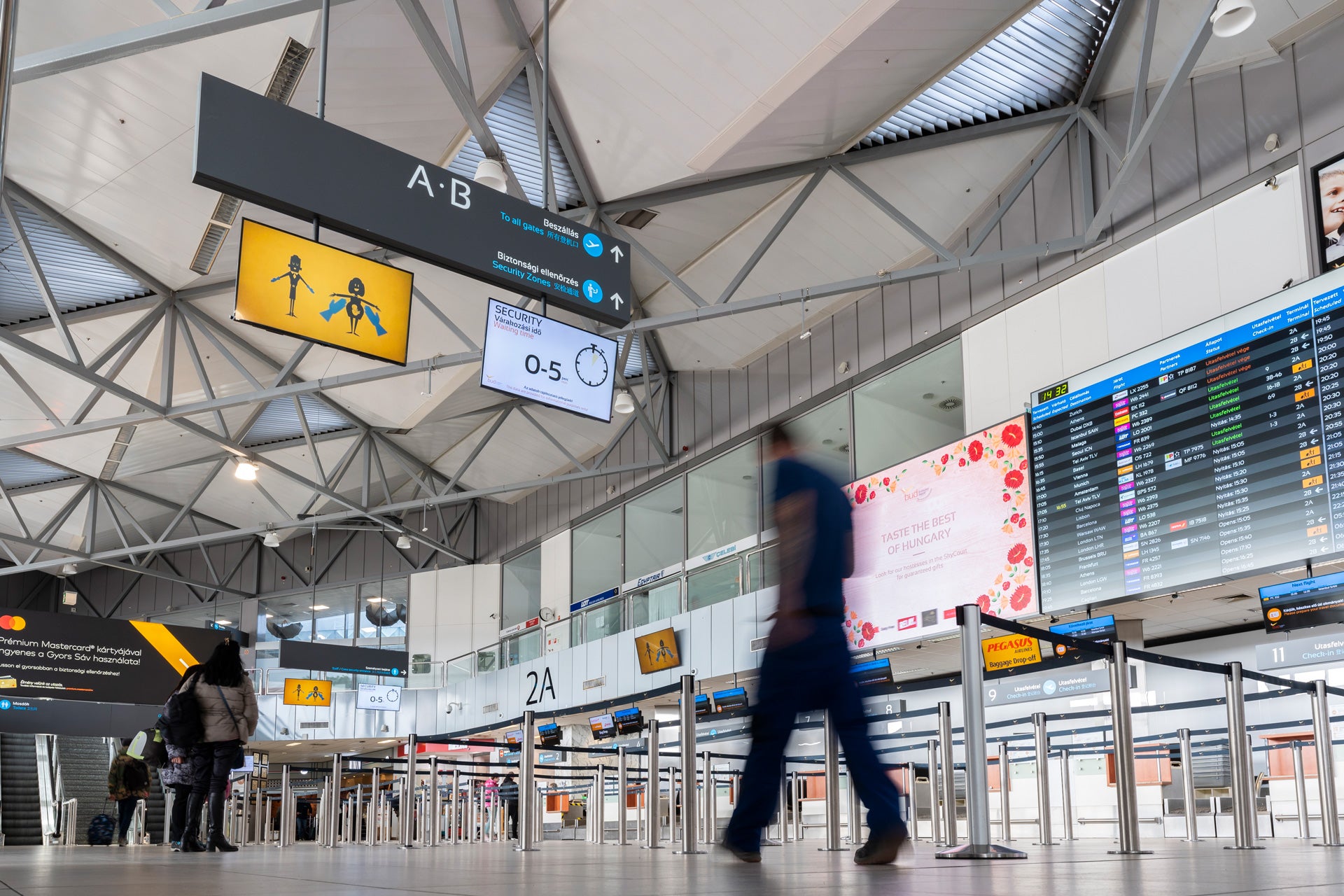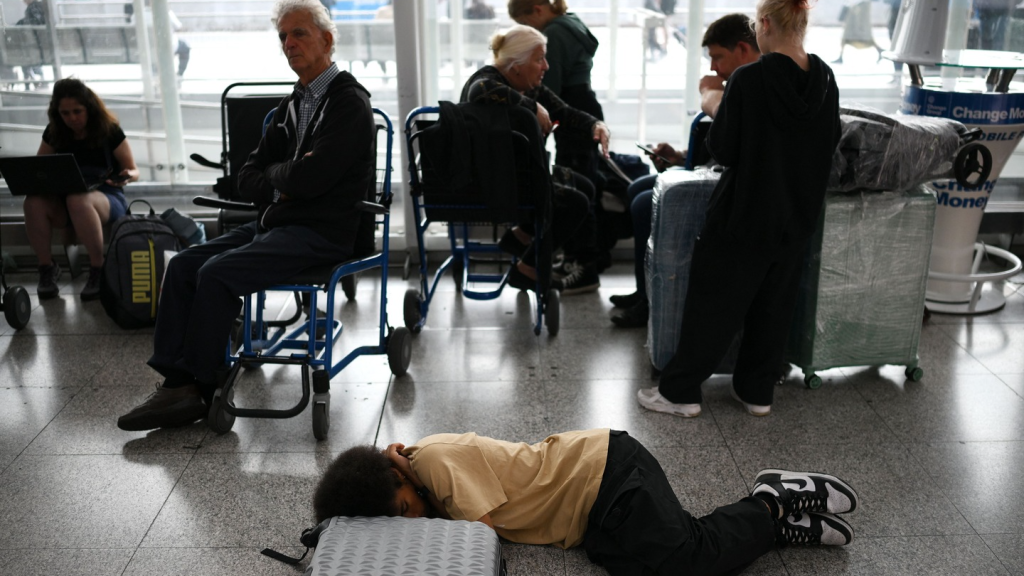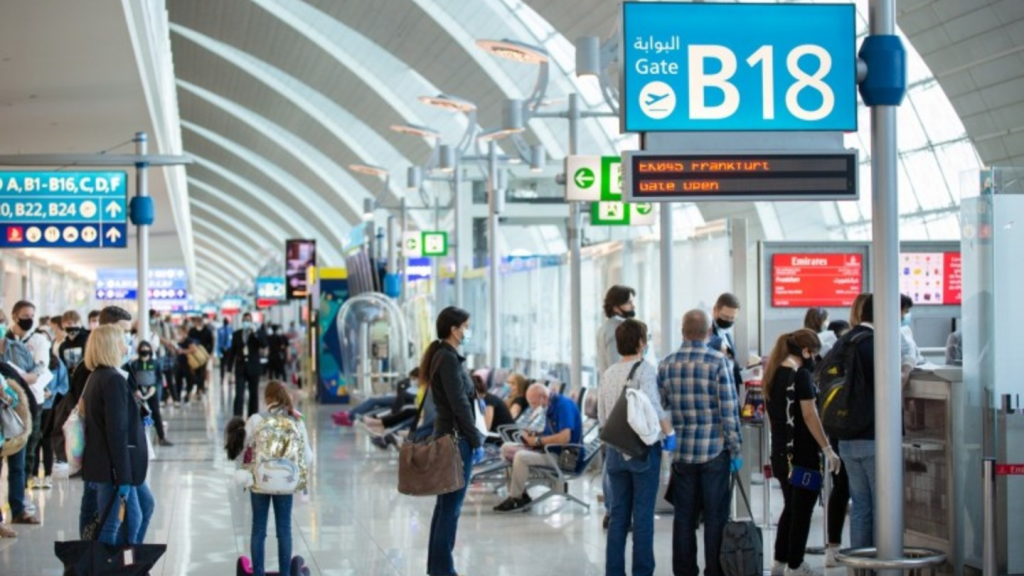
Budapest International Airport is set to roll out Veovo’s Passenger Predictability solution.
Veovo’s passenger flow analytics platform will initially focus on preventing bottlenecks and efficiently allocating resources in the airport’s security and check-in areas.
Data from multiple movement sensors and machine learning will be used to better understand passenger behaviour and predict the impact of events, helping to make informed and proactive decisions.
Budapest Airport also plans to expand the technology from kerb to gate, with hopes to benefit passengers throughout their airport journey.
Live and predicted queue wait-time information will also be displayed, providing accurate information about expected queueing time to passengers.
“Our commitment is to deliver world-class service to our customers and continuously enhance our operational processes,” said István Szabó, chief passenger services director at Budapest Airport.
“Our collaboration with Veovo as a technology partner is a vital aspect of this strategy, enabling us to gain valuable insights, optimise staffing, and improve experiences at our airport checkpoints.”
Budapest Airport also plans to expand the technology from kerb to gate, with hopes to benefit passengers throughout their airport journey.
Live and predicted queue wait-time information will also be displayed, providing accurate information about expected queueing time to passengers.
“We’re delighted to work with Budapest Airport to help improve operations and streamline passenger journeys,” said Veovo CEO James Williamson.
“The airport is one of a growing number of airports tapping into the power of data and machine learning to transform their operational performance.”
The adoption of Veovo’s solution by Budapest Airport follows other major airports, including Gatwick, Schiphol, Newark, and Dublin.
Budapest Airport announced it welcomed 12.2 million passengers in 2022, a massive 164% surge from 2021, and expects the number to continue to rise this year.






